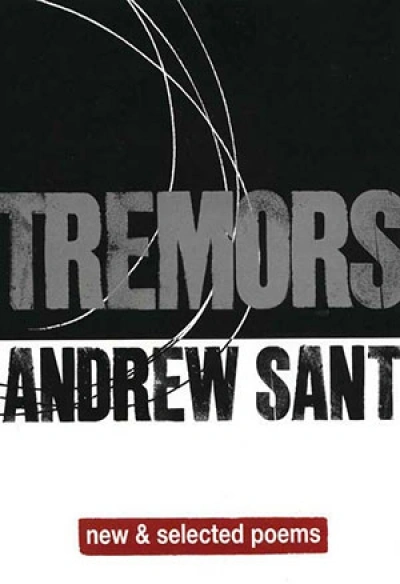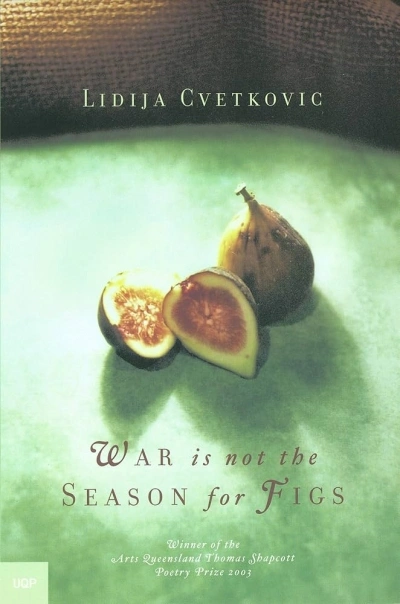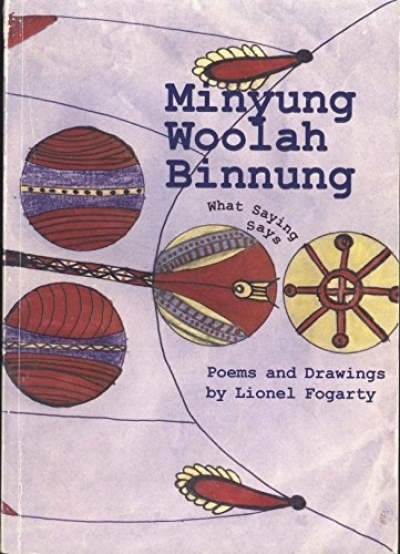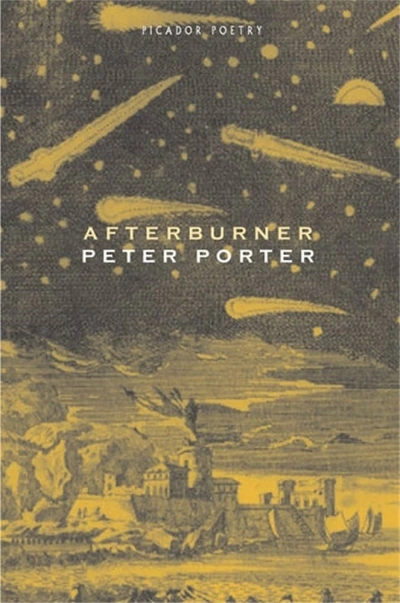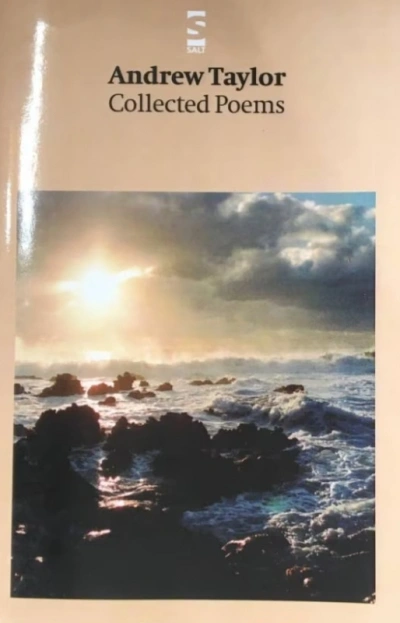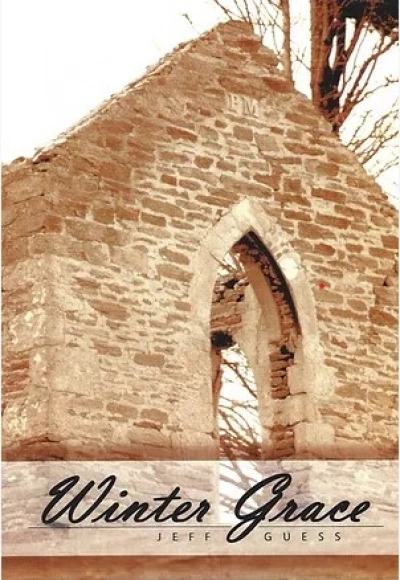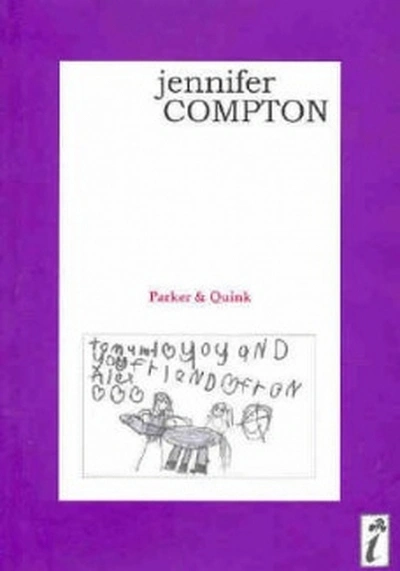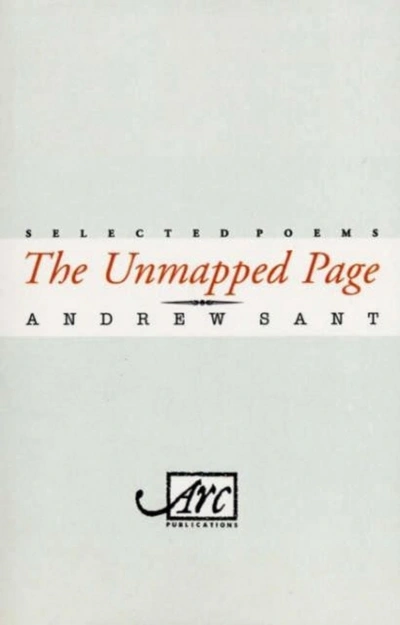Poetry Review
War Is Not the Season for Figs by Lidija Cvetkovic & Modewarre by Patricia Sykes
by Michelle Borzi •
Unfinished Journey: Collected Poems 1932-2004 by Michael Thwaites
by Philip Harvey •
Minyung Woolah Binnung by Lionel Fogarty & Smoke Encrypted Whispers by Samuel Wagan Watson
by Peter Minter •
The Best Australian Poetry 2004 edited by Anthony Lawrence & The Best Australian Poems 2004 edited by Les Murray
by Brian Henry •
Parker & Quink by Jennifer Compton & The Yugoslav Women and Their Pickled Herrings by Cathy Young
by Philip Harvey •


